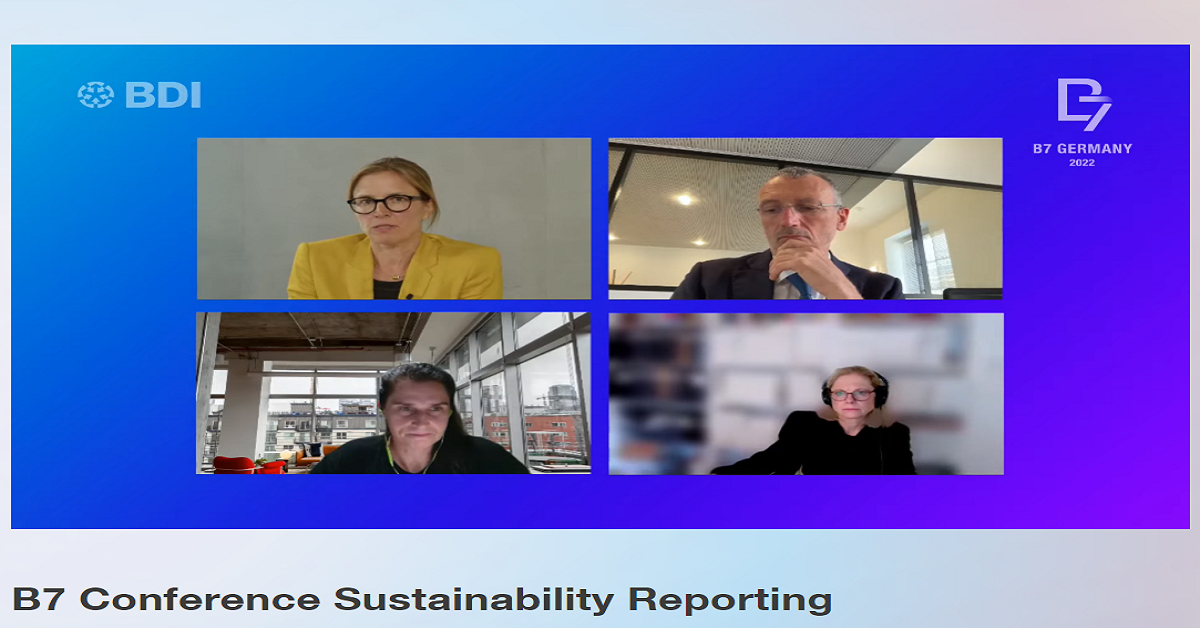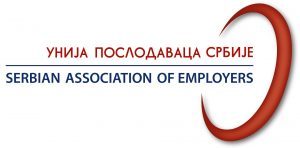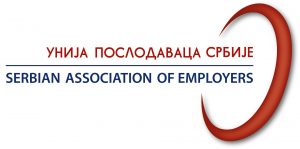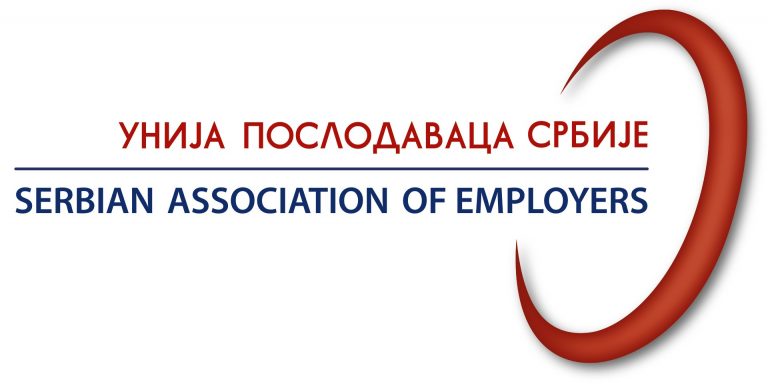
Companies have long been exposed to multiple pressures and under public scrutiny when it comes to their responsibility towards sustainable development and reporting on the measures taken in that direction. Investors carefully invest based on financial, but also non-financial, reports of companies. Likewise, business partners, clients and society as a whole demand that companies operate in a manner that is in accordance with accepted standards, i.e. that they strive to reduce the impact on the environment, that they take into account the needs of society and that these principles are incorporated into the way of your business. However, there are more standards that apply, and more ways to report on their application, which further complicates the reporting process for companies and increases costs.
Significant relief for companies would be the introduction of a global basis for reporting, which is the idea of the International Financial Reporting Standards (IFRS), which inaugurated this idea at the 26th UN Climate Change Conference of the Parties in November 2021 (COP26). The G7 recently welcomed this idea, and among its advocates the Federal Republic of Germany, which is home to the headquarters of the International Sustainability Standards Board (ISSB), is the most prominent. ISSB’s ambition is to issue the final requirements of the standard by the end of 2022, after extensive consultations at the international level.
During the B7 Conference on Sustainability Reporting, hosted by the Federation of German Industries (BDI), it was confirmed from many sides that a globally accepted identical set of standards would bring great relief. Thus, Deutsche Post, which operates in 220 countries and territories and has approximately 590,000 employees, states that “it struggles to meet all the requirements of the various reporting systems.” It has high hopes for the correction of some existing illogicalities. For example, their 20,000 electric vehicles, introduced to reduce pollution, are put in the same category as diesel vehicles because the tires make the same level of noise, which is completely absurd. Representatives of accounting and auditing firms also have a positive attitude towards the global basis, because they are the ones who confirm that companies implement standards on sustainable development. This is precisely why it is important that the key concepts, terminology and metrics underlying the reporting requirements are understandable and unique across the board.
Sustainability reporting also concerns small and medium-sized enterprises (SMEs), whether they operate only on the domestic market or on the international market as well. However, this process is even more burdensome, looking at their options, which discourages them. Therefore, the expectations that the result of this initiative and the efforts of ISSB will be tools that will be able to be easily applied by SMEs – simple and accessible.
The participants of the Conference also agreed that when defining the global basis for reporting, the possibilities of growing economies and local specificities that make it difficult to define a unique approach must be taken into account. The process certainly requires broad consultation at a global level, but one must not lose sight of the basic idea – that the goal is not reporting per se, but helping companies improve their operations. So it’s not about who has the best report, but who makes the most progress. Such companies will be the most attractive to investors, business partners and clients.






No comment yet, add your voice below!